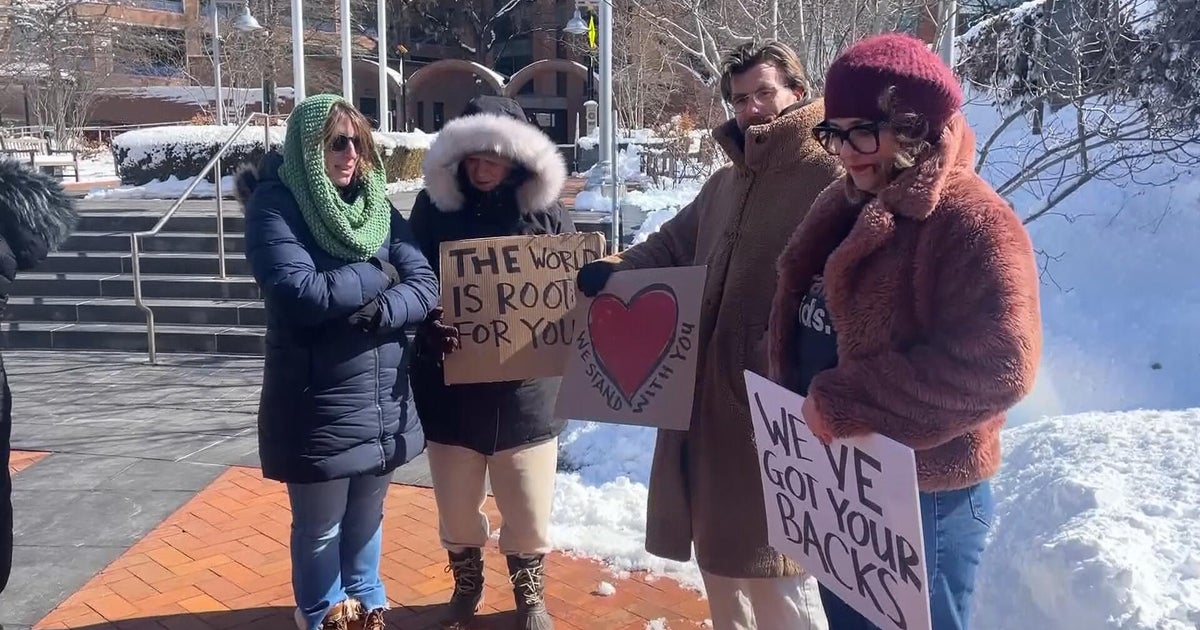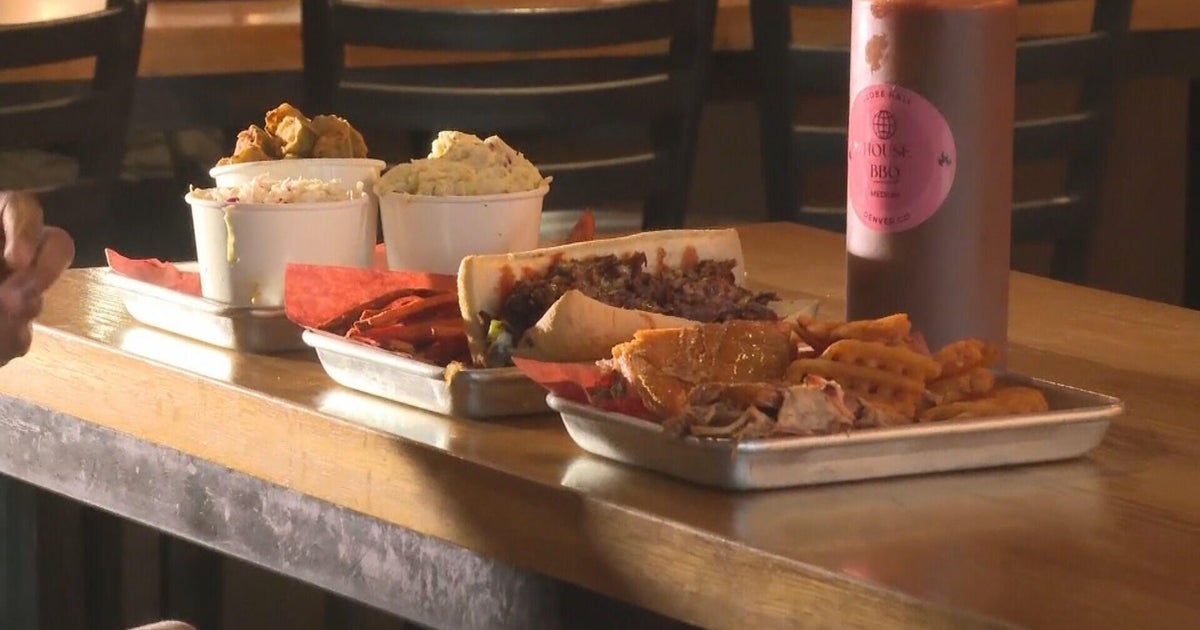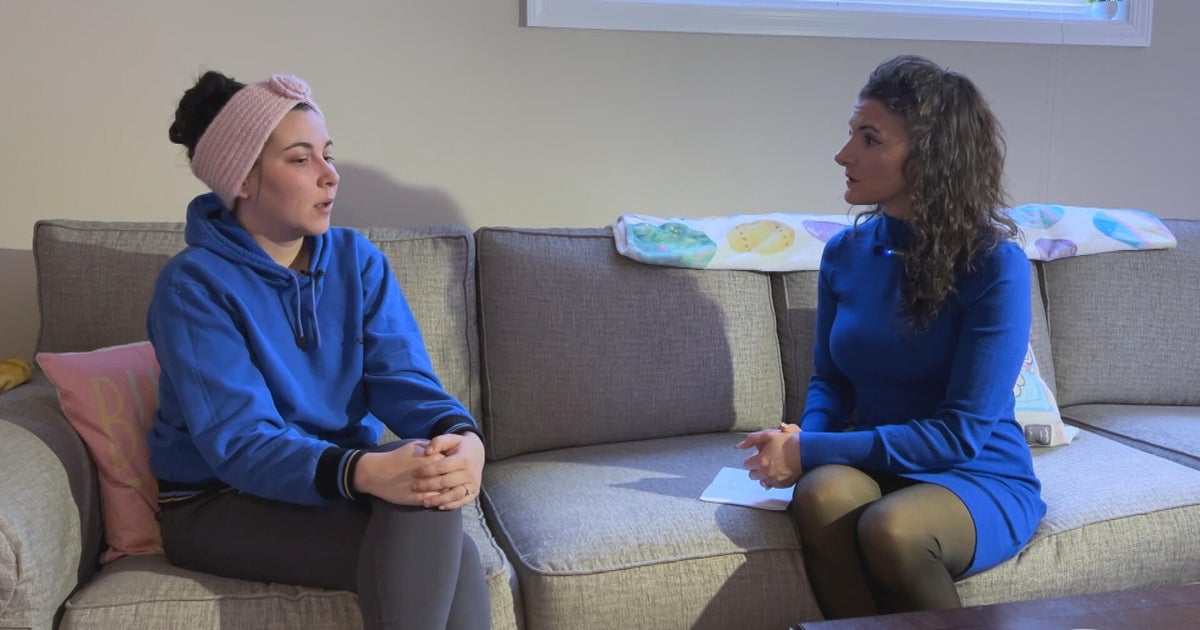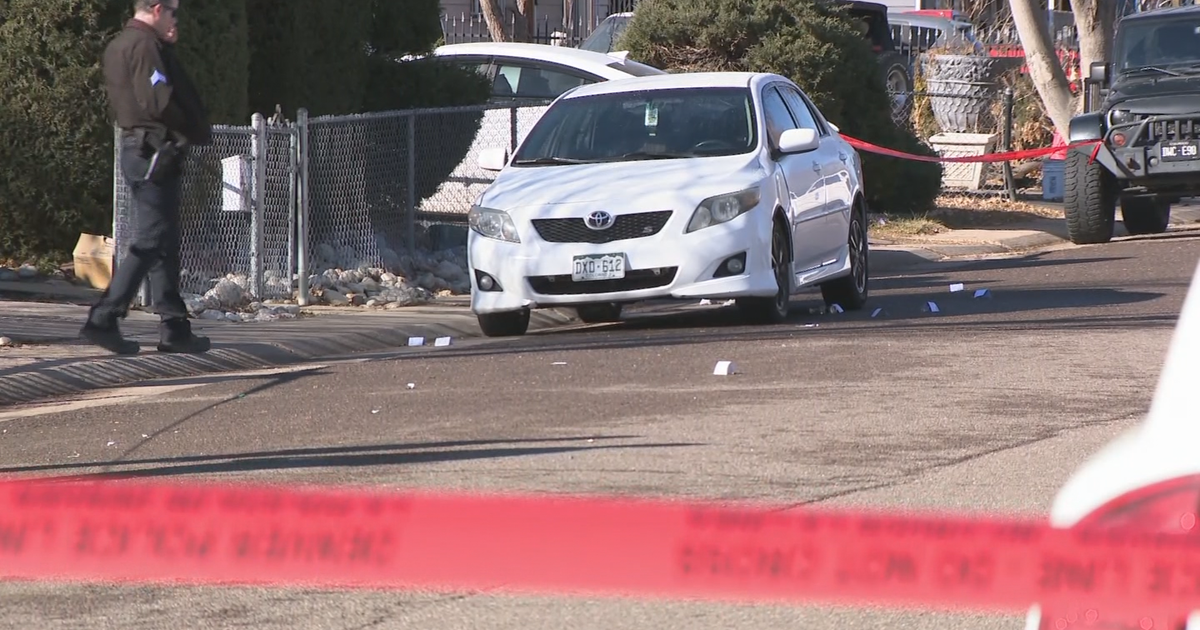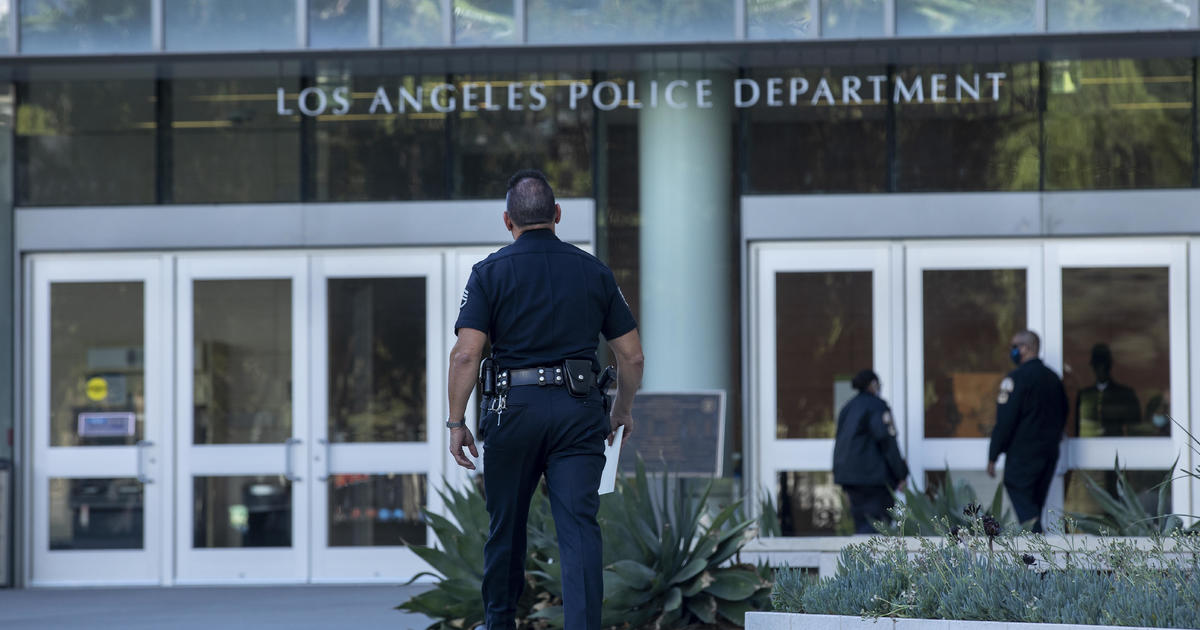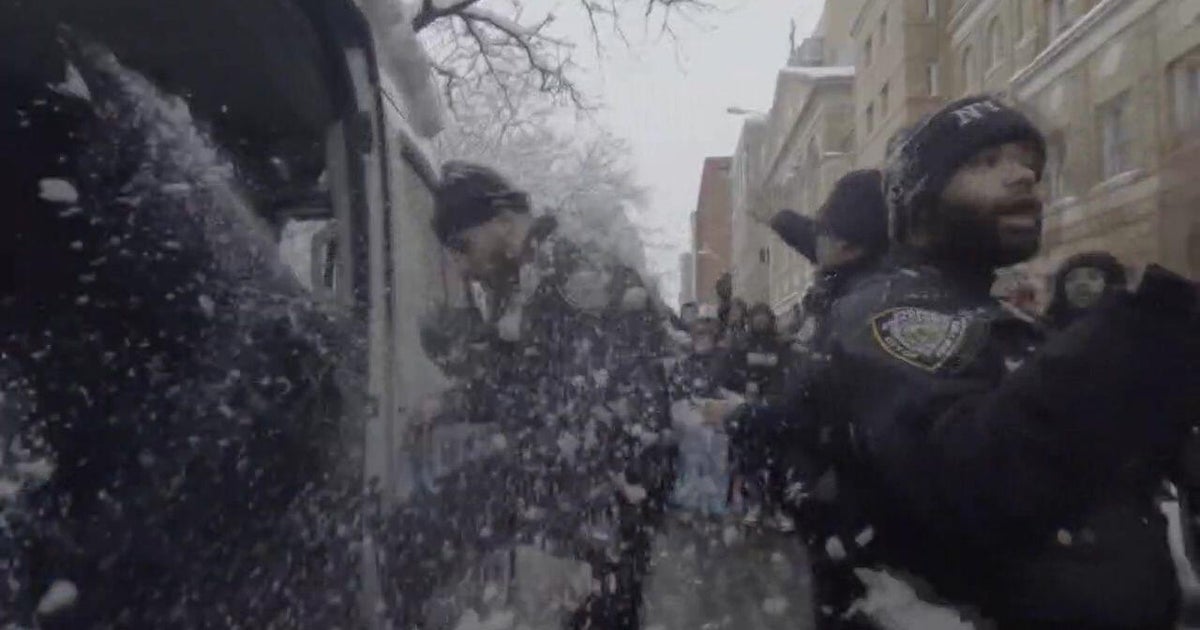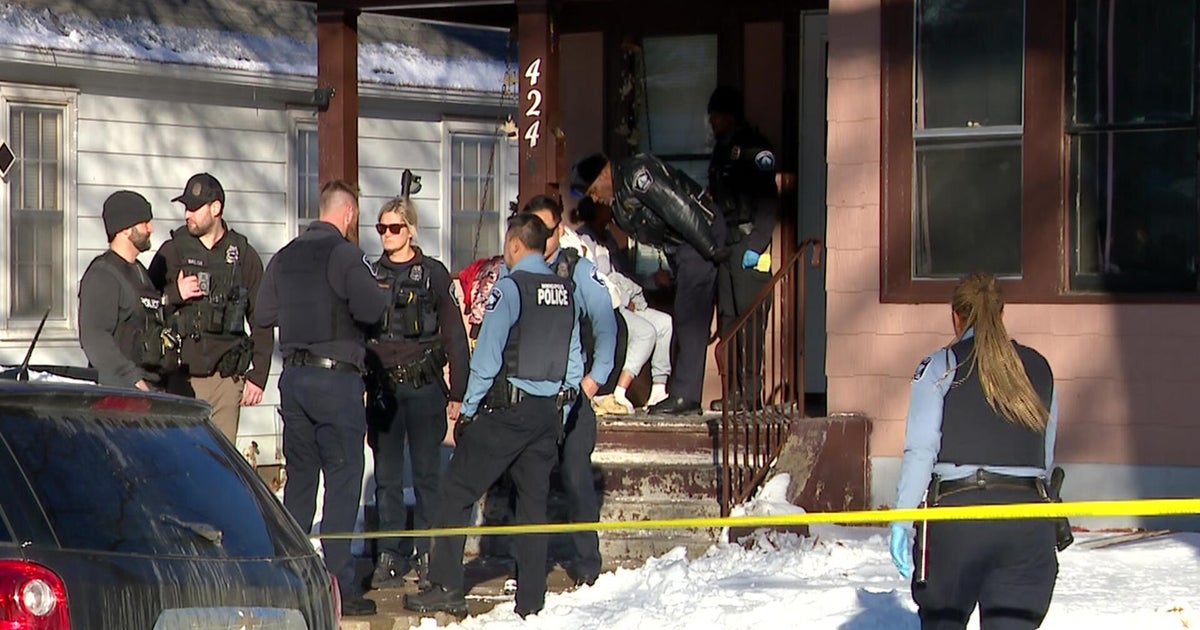In Their Own Words: Protesters And Former Denver Officer Discuss Police Response
DENVER (CBS4) – There's a lot of blame going around after the killing of George Floyd in Minneapolis. What there has yet to be, is a lot of ideas for solving things. We spoke with three people for this story: protest organizers Dionne Carroll and Larisa Tardiff and Barry Overton, chair of Denver's African American Commission, and a former Denver Police officer and detective now working in real estate.
Two Islands
It's like two islands says Overton.
"Two islands and we have these people that one island throwing rocks at the other. Because we have these two varying opinions," he said. "But the key is building a bridge between the two islands."
"Empathy of understanding where the African American community in the sense this is coming from… Empathy to understand the job of a police officer and how difficult it is for a split-second decision that they have to make."
Carroll says all of society is responsible too.
"What we're trying to create is more of a we situation instead of an us versus them because yeah it is kind of segregated and it is
definitely it's our entire society that has a responsibility to this," Carroll said. "It doesn't necessarily mean that we're going to throw rocks or anything like that but at least we can start to have those conversations."
Self-review
Police departments put most investigations into use of force violations with their internal affairs divisions.
Tardiff says it's time to go outside the departments.
"We want to have an unaffiliated third party," Tardiff said.
Carroll says police do what other entities don't.
"When you see companies doing things like that, conducting their own audits and all that, you're basically like, alright you aren't going to do this properly."
Tardiff says that's different from what she sees at work.
"I mean, I'm an accountant. If one of my clients is being investigated by the IRS, for tax issues, they don't say, hey go audit yourself, just let us know."
The Other Side
What don't the two sides understand about each other?
Overton talked about the daily risk for police officers.
"Putting on that uniform, there's a mentality that you have that your goal for a shift an eight hour, 10 hour shift, is just to make it back home safely to your family," Overton said.
"There's almost a similarity to that of particularly with African American men of just being able to make it through the day safely without the concern of being contacted by the police and having it end in a George Floyd type of situation."
RELATED: 'It's Just Their Skin, It's On The Outside': Kids Speak About Racism At Denver Protest
We asked Carroll if she could sit down with an officer she might believe is racist.
"I have to sit down in the same room with people like racial issues on a regular basis… That don't like my sexuality, my skin, the fact that I'm a woman, like that, but yeah I have to be able to be above that because if not, that's just not going to be any better for me, it's not good for me, it's not good for my community."
Personal Experience
Tardiff was stunned when she called police to make a complaint about property damage.
"This is my fight too, even though I personally haven't experienced racism. I have a black son."
"I made a police report and law enforcement officers, the minute they saw my son get out of the car, my black son, they asked if he had a weapon. My 14 year old son," Tardiff said. "Somebody damaged my property and everything is civil until with me until my black son comes out of the car -- that's completely inappropriate and I think a lot of it is ignorance."
Community Policing
Overton found it very helpful for staying in touch the community. At times, people in the neighborhood he patrolled would call him rather than 911.
"They could reach out to me… You're dealing with individuals who have made this decision to take on this job that has huge responsibilities and some are I think are better prepared for it, but some that I think need more preparation, it just came through training."
Training
Overton spent 26 years as a police officer, much of it in narcotics in Denver.
"In that 26 years there was only one training that I had during the police academy and that was while I was with Denver Police and that training consisted of about a week of going into different communities, the African American community, the Native American community."
"And really just hearing their plight, their frustrations with the police, including an understanding of what they were experiencing in police encounters… i thought it was a great training but the problem I had with it was that we only did it once… being a police officer I'm required to qualify with my weapon on a quarterly basis."
"The one skill that we use more than anything is communication. We use that on a daily basis as a police officer."
Carroll believes there is a communication gap.
"We've tried for so many years and generations and we're still at the same point."
"I think there are proper ways to negotiated and talk with people… I just think there's a better way to do this."



